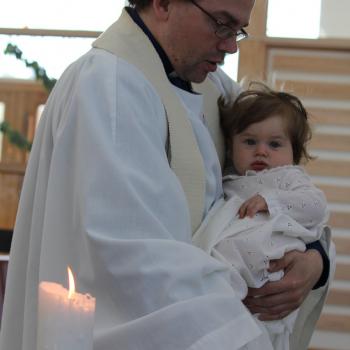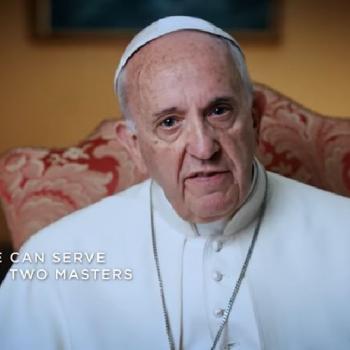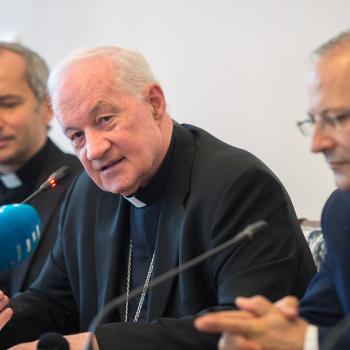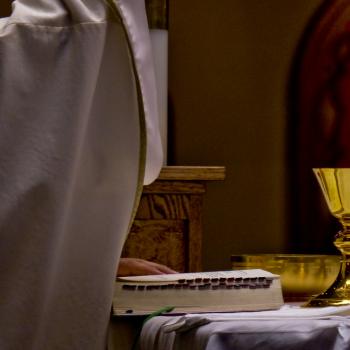In all the reports I’ve read about the new Archbishop of Paris, Michel Aupetit, one line in particular has caught my attention. The Catholic News Service report on his installation this past Saturday 6 January carried the following quote: “The France-1 TV network said Jan. 8 the archbishop was known to hold ‘very conservative positions’, but also knew ‘how to adapt and show openness of spirit”.
What is there to this strange – at least at first sight – assertion of conservatism and openness in the person of the new archbishop?
According to reports, Aupetit dedicated his installation homily to urging the faithful “to learn to recognise the divine dignity in the weakest, the poorest, the most fragile”.
“If God wanted to show himself, he might give the task to some American filmmaker – ca to Cecil B. DeMille, who could have done something amazing, to James Cameron with his special effects, or to the Disney studios with their laser technology”, declared the new archbishop, in the ceremony held in Notre Dame Cathedral. “But when God shows himself to people, he comes with the greatest discretion like a small child – in a stable among animals because the world would not accept him”.
“God comes to us in the simplest possible guises”, continued Aupetit, “without a miter or a crook – but he’s still God and we need faith to recognize him”.
But who does the new Archbishop of Paris have in mind when he speaks of “the weakest, the poorest, the most fragile”? What seems like a social justice catchphrase – meant as a nod to the economically or socially disadvantaged – becomes on Aupetit’s lips a fevered defense of the unborn. As the National Catholic Register reported, the new archbishop is also a medical doctor and a seasoned bioethicist. He even wrote a book L’Embryon, Quells Enjeux? (“The Embryo: What Are the Stakes?”) in which he denounced the way that today “the living human embryo is sacrificed on the altar of money”.
So much for Aupetit’s conservatism: not only is he a fearless pro-life advocate, but in 2013 he also joined a street march against the legalization of same-sex marriage. What, then, about his “openness”?
The CNS reported on the archbishop’s installation noted that Aupetit comes to his new job aware of the “many contrasting expectations” people have of him. Expectations born of what he termed “different sociological realities and sensibilities” in the French Church, among which his place would be to ensure “unity, not uniformity”.
“When everyone moves in the same direction, there’s a danger consciences become anesthetized”, said Aupetit in this respect, adding that “the Church’s word can be disturbing, and we should accept this – not to cause trouble, but to rouse consciences”.
Fine words… but has Pope Francis picked in Aupetit a “culture warrior” as Archbishop of Paris? I think the secret could lie in the new prelate’s upbringing. In 2015 Aupetit confessed to Paris Match that he had learnt the faith from his mother: the only practising Catholic in his childhood home:
I have been neither an altar server nor a scout, and I did not go to a Catholic school. My father never went to Church. But my mother taught me and my two brothers to pray.
So there it is. The new Archbishop of Paris would seem to be keenly aware, and that on a deep level, of just how foreign the tenets of the faith – including the defense of the unborn – can seem for people who have grown up without them. Perhaps this is what French television recognized as an “openness of spirit” in the new Metropolitan: a willingness not so much to adapt the truth of the faith, but to adapt the language in which these are expressed.












